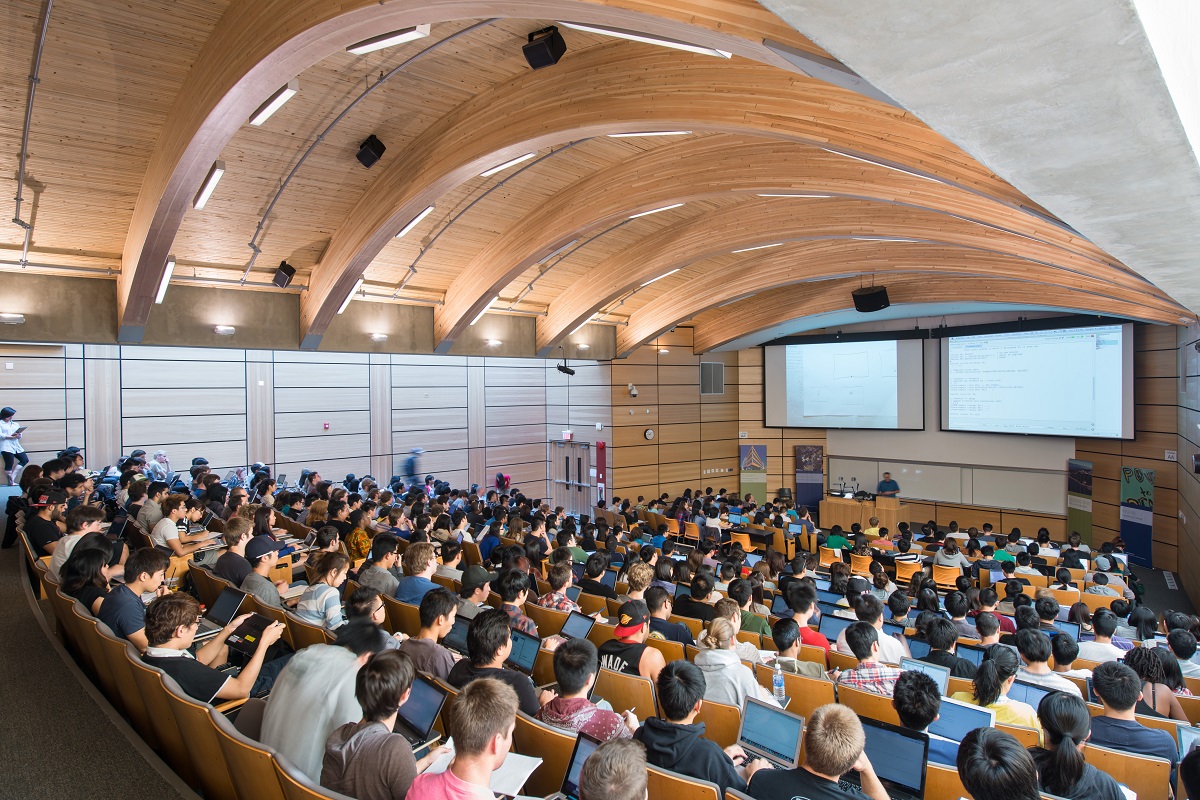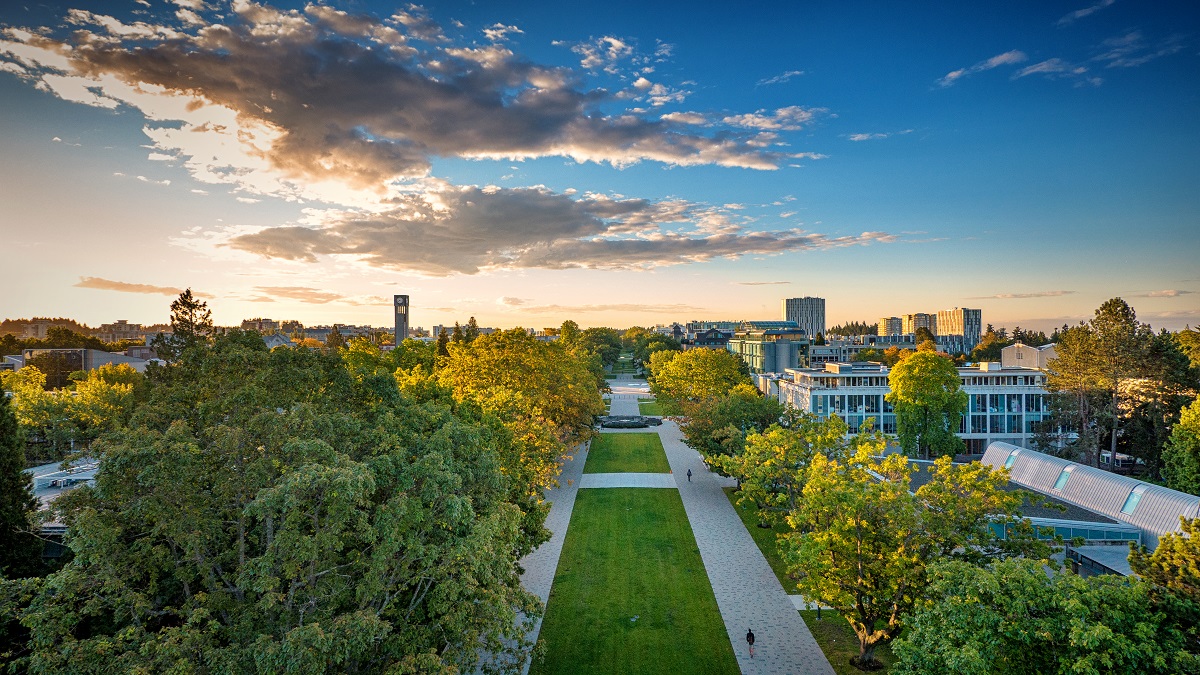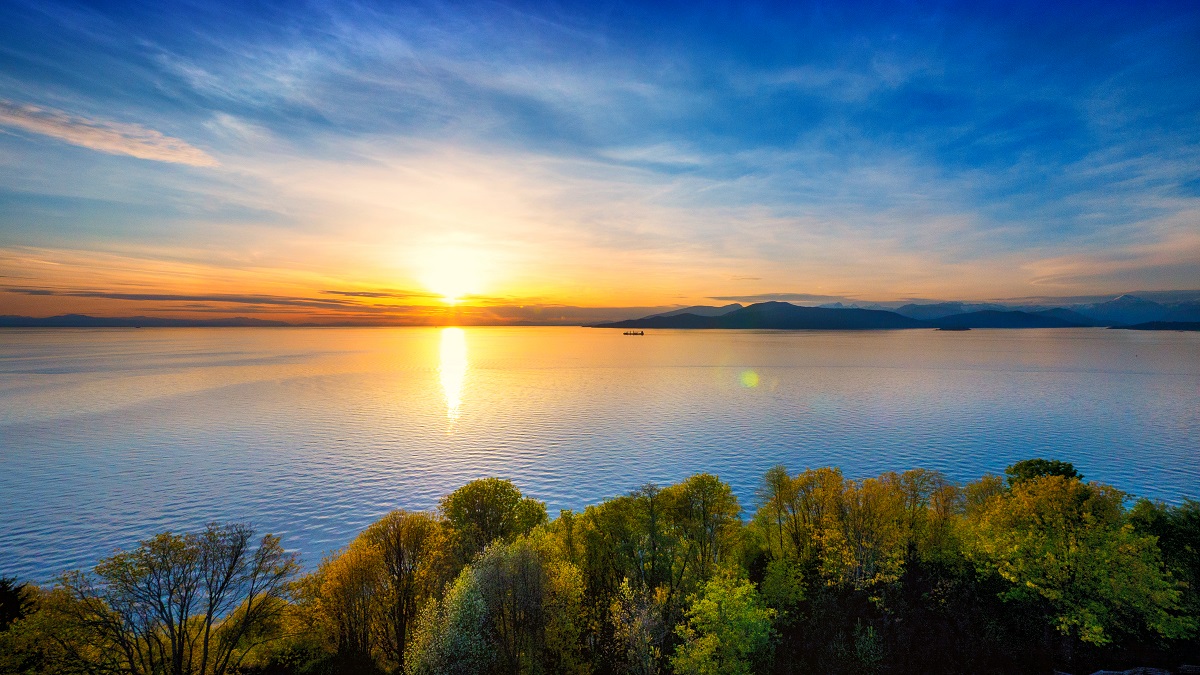Read the story of how two world leading institutions came to partner and discover how undergraduate students manage the duality of completing two degrees in just four years. It is a transatlantic learning journey that will leave its international cartography on their lives forever.
Full story: www.ubc.ca/stories/2014-spring/sciences-po.html
Dual Degree Sciences Po – UBC graduate, May 2014.
Edgar applied to the dual bachelor’s degree in order to strengthen his knowledge of North American politics and institutions. “The courses at UBC came to complement those I had attended at Sciences Po,” he says. “They helped me delve into federalism and public policy issues that we will come to face in European politics in the future.”
Edgar Proutheau graduated in May 2014 with a major in Political Science. He is now enrolled in a Master’s Degree in Public Affairs at Sciences Po.
Full story: www.sciencespo.fr/en/news/news/meet-edgar-graduate-dual-degree-sciences-po-ubc-0/998
Learn more about the department, its history, and the unit mission, as well as location and contact information.

The University of British Columbia is a public research university located in British Columbia, Canada. Established in 1908, it has two campuses, one in Vancouver and the other in Kelowna, collectively serving more than 54,000 students. More than 400 hectares in size, the stunning campus is surrounded by forest on three sides and ocean on the fourth, and is just a 30-minute bus ride to Vancouver’s downtown core. The campus has been located on this site for most of its 100-year history, a location that is the traditional territory of the Musqueam people. UBC is one of the Top 40 universities in the world, according to a 2013 Times Higher Education ranking. UBC faculty, alumni, and researchers have won seven Nobel Prizes and 67 Rhodes Scholarships, while two alumni have gone on to become Canadian prime ministers. UBC boasts the highest entrance requirements for undergraduate admission in Canada. Our students come from 140 countries across the world to attend an extraordinary research institution that is enriched by the wide variety of experiences and perspectives of its students, faculty, and staff.

Vancouver is a coastal city in the province of British Columbia in Canada. With more than 600,000 residents, it is Canada’s third-largest city. Consistently named one of the world’s most livable cities, it is where snow-capped mountains meet the ocean, and breathtaking vistas greet you around every corner.
The city is a diverse mix of people of different ethnicities, cultures, religions, and sexual orientations. Close to 30 per cent of British Columbians immigrated to the province from another country. As such, cultural, religious and linguistic diversity is celebrated.
Vancouver has hosted many international conferences and events, including the 2010 Winter Olympics and 2010 Winter Paralympics.

 Faculty of Art
Faculty of Art

